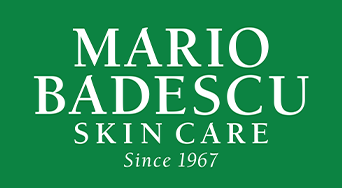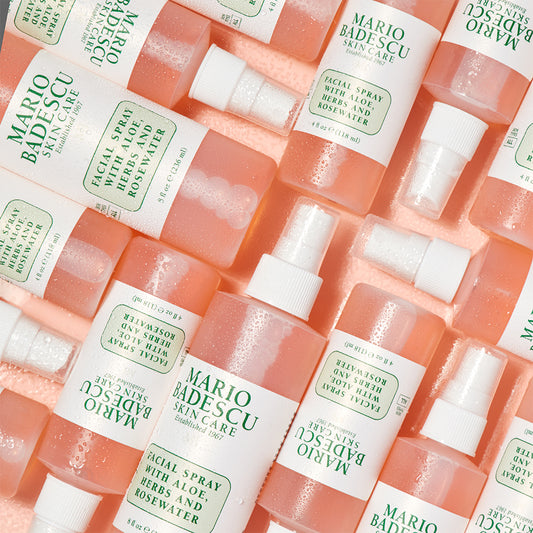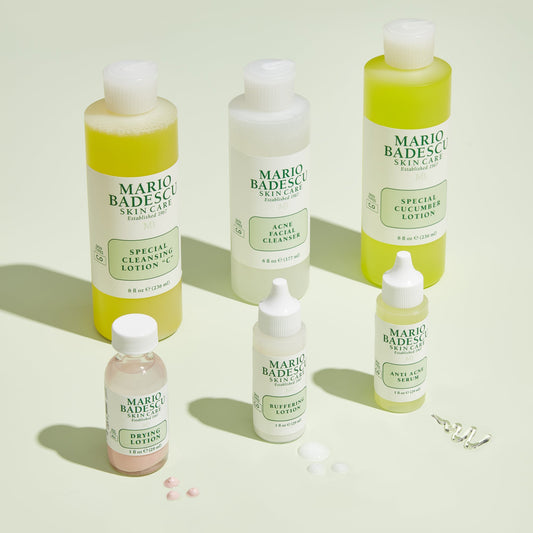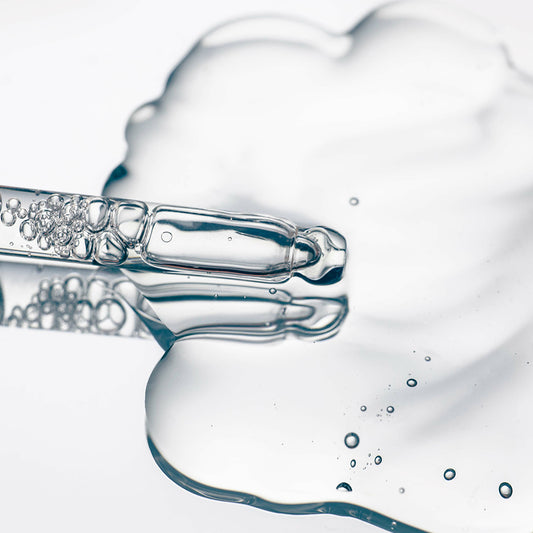Exfoliation—the process of removing dead cells from the surface of the skin—is one of the most important things you can do for your appearance. As we get older, we begin to renew our skin cells at an increasingly slower rate, which can lead to a dull appearance, clogged pores and, yes, even acne. Worse, moisturizer and treatment products are unable to penetrate skin that isn’t properly exfoliated. Scrubs are a great way to exfoliate.
However, this option isn’t right for everyone. If you have particularly sensitive skin, acne, and/or dry, delicate, aging skin, consider instead using a chemical exfoliant. This brings us to the big question:
What are Alpha-Hydroxy Acids ( AHAs)?
I use this term all the time, and it occurred to me recently that a lot of people have no idea what I’m talking about when I mention AHAs. Alpha-Hydroxy Acids gently remove dead skin cells on the surface of the skin by dissolving them. This encourages cellular turnover. Generally speaking, AHAs are useful for fading sunspots and age-related discoloration; firming the skin; avoiding acne; and reducing wrinkles and fine lines. Even better, your other skin care products—moisturizers, serums, etc.—will be far more effective on skin that has been properly exfoliated.
Glycolic Acid is a very popular AHA because of its smaller molecular structure. Derived from sugar cane, it is able to penetrate the skin and break up the sticky bonds between dead skin cells so that you can be rid of those pesky, dulling creatures for good—or at least until the next time you exfoliate.
Lactic Acid is similarly useful. Cleopatra bathed in sour milk for softer, smoother skin, and we know why: it’s helpful in inhibiting the production of melanin (to reduce discoloration) while exfoliating and hydrating the skin. This is important, so let’s take some time to determine which type of exfoliation is right for your skin—a scrub or a chemical exfoliant like an AHA?



